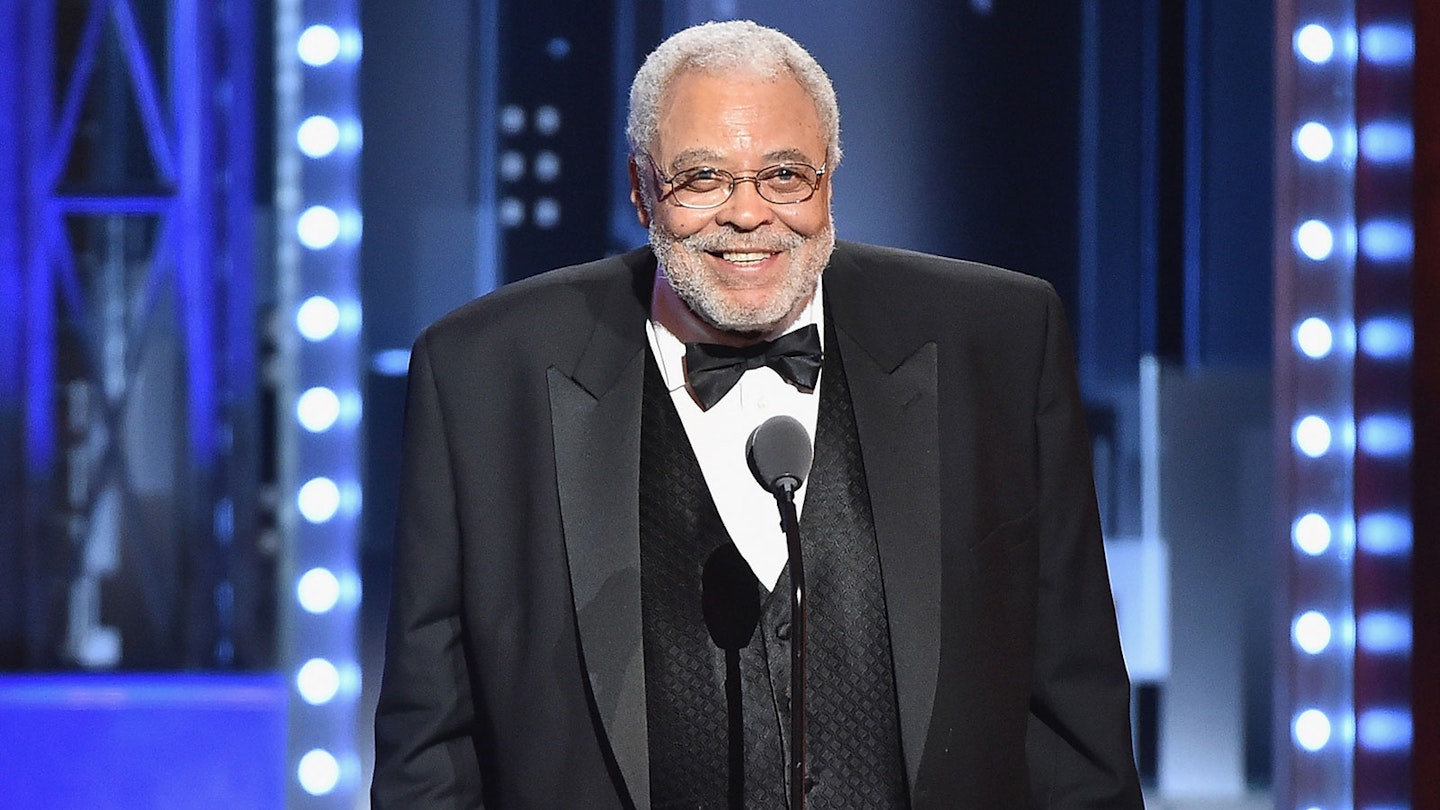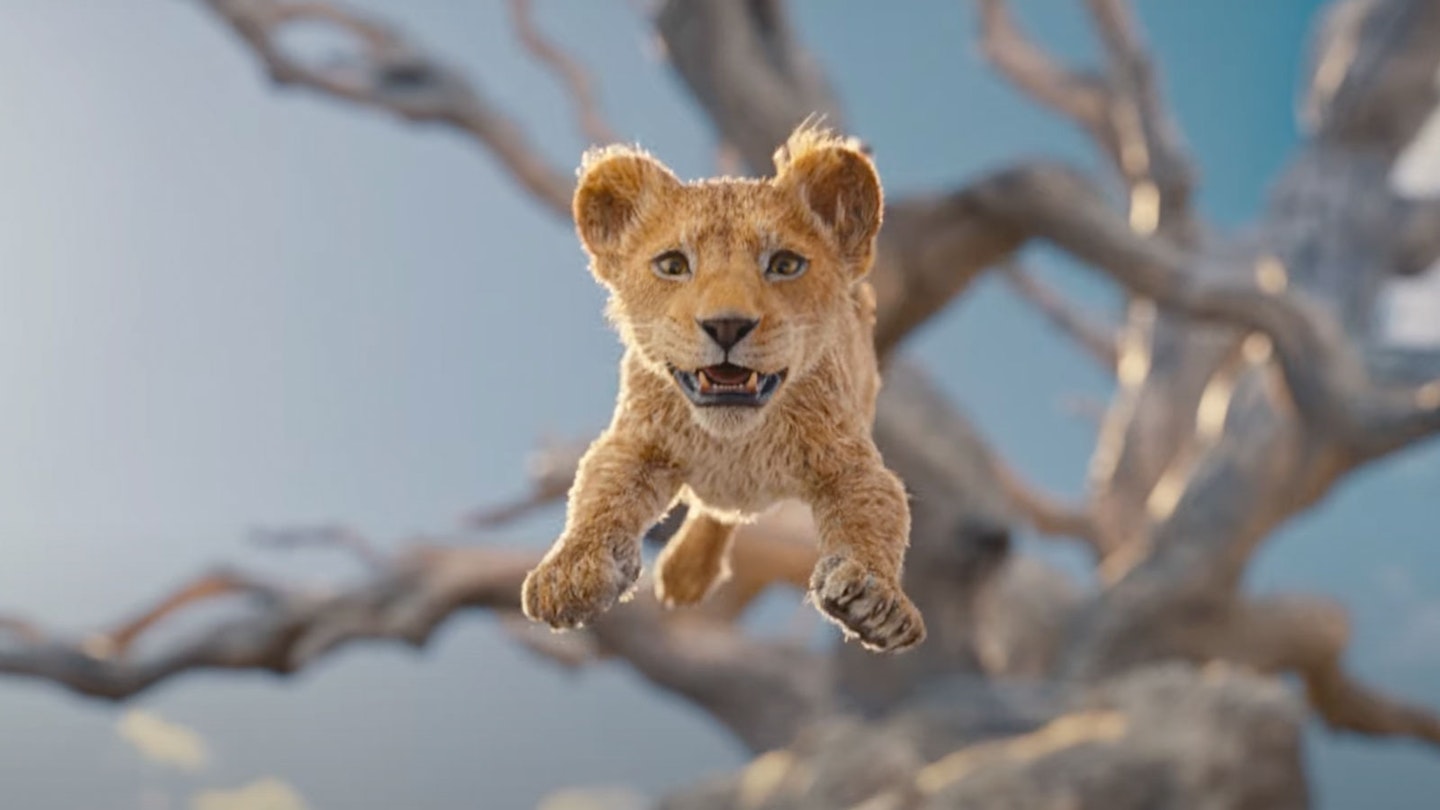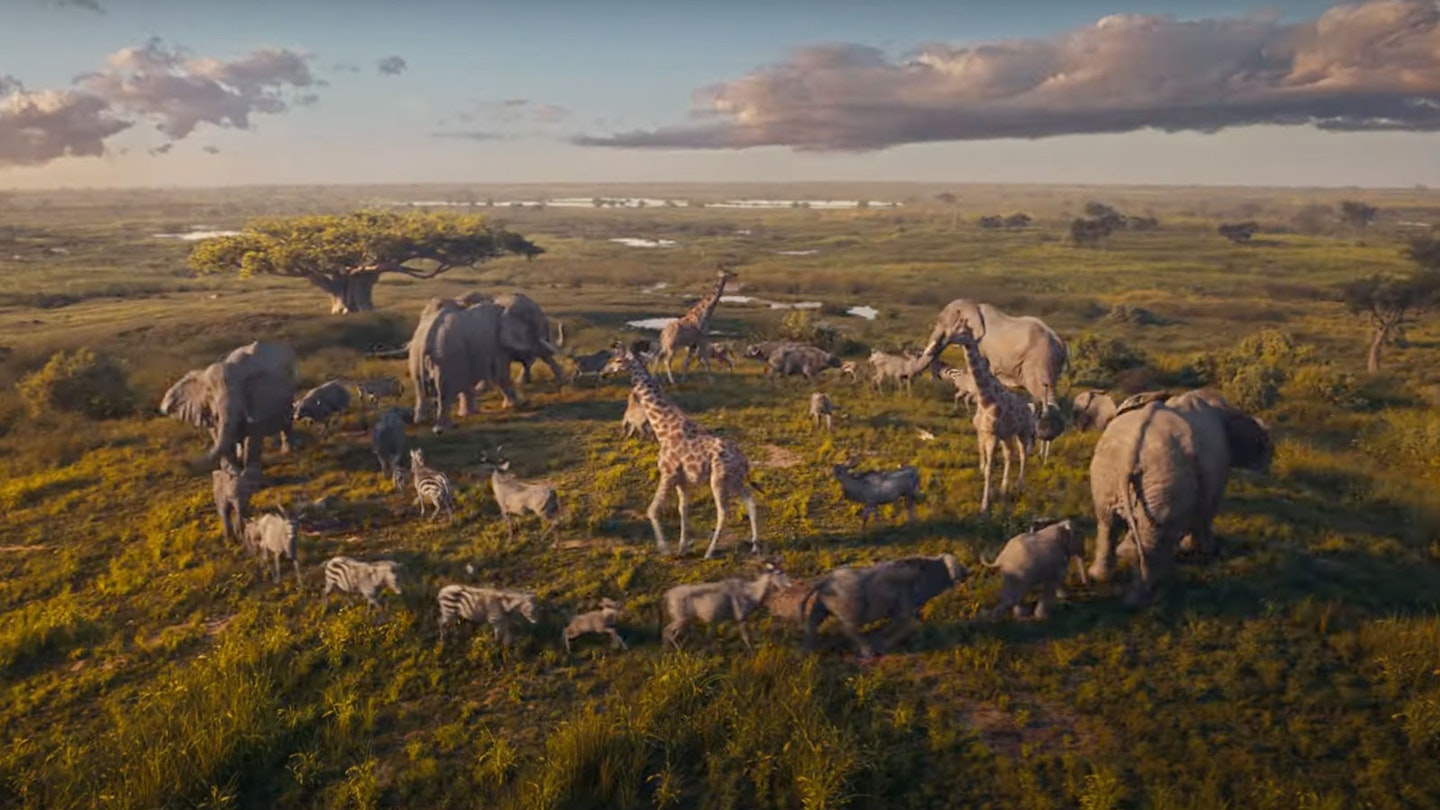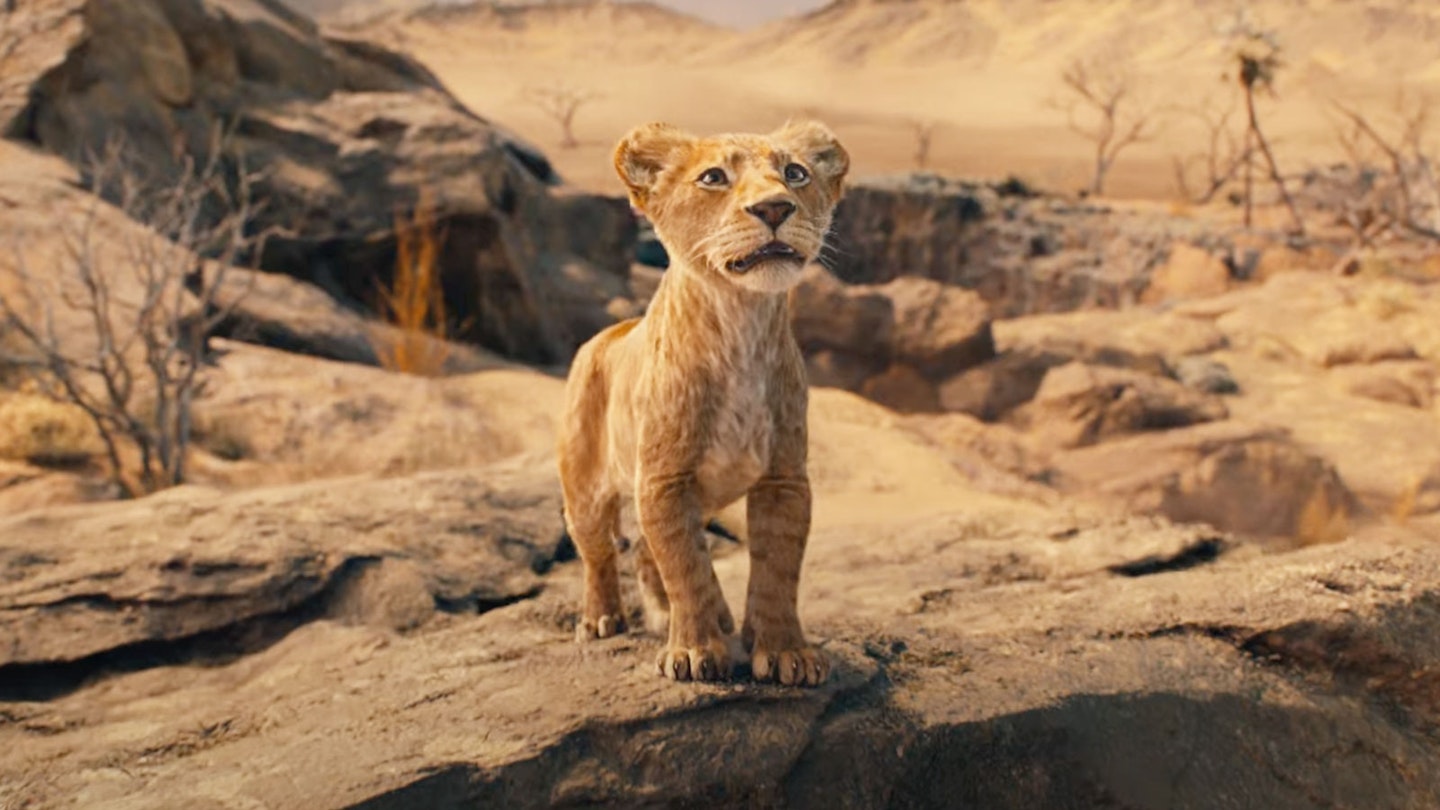It’s the circle of life: The Lion King is back. Once again, Disney is returning to the Pride Lands with an ambitious origin story for Simba’s ill-fated father Mufasa, rendered with the same technologically-advanced photorealism of Jon Favreau’s 2019 remake. Much like its predecessor, Mufasa: The Lion King looks to be emulating that same grand majesty of the animal kingdom, albeit with the surprise enlistment of Moonlight director Barry Jenkins at the helm.
To make the leap from a Best Picture winner to an animated mega-franchise is certainly a major step, but Jenkins has his reasons. “I read the script written by Jeff Nathanson and got about 40 pages into it and realised that my scepticism and cynicism had been obliterated,” the filmmaker explains. Pair that with the impact that The Lion King has had on generations of audiences – from teaching kids Shakespeare to experiencing the weight of grief for the first time – and saying yes was a no-brainer. We spoke with the director to break down the enticing teaser trailer.
A whole new world

The trailer opens on a pride of lions emerging from a cave atop an icy mountain, introducing a chilly new biome to the world of The Lion King. “It's a ‘journey’ film,” Jenkins says. “We're used to all these characters living together in this one place, and I think part of [the film’s] objective is to really show where all these people came from and how they ended up together.” Part of that journey, evidently, places Mufasa far beyond where the light shines, in lands that highlight the diversity of Africa. “I have this really off-colour joke where I like to say that there are tons of people who go to high school literary programmes and read [Ernest Hemingway’s short story] The Snows of Kilimanjaro and still have no idea that it snows on the continent of Africa,” Jenkins adds. “It was just cool for me to have the opportunity to expand the scope of what the world of The Lion King was, and in doing so, get to experience some of these really amazing environments.” Exciting new territories await.
Started from the bottom

A familiar voiceover returns in John Kane’s Rafiki, the mandrill who first lifted up the newborn Simba for the animal kingdom to witness. Here, he speaks of “a lion who was born without a drop of nobility in his blood,” alluding to a young Mufasa who came into power by earning it, not from being born into it. “I think the journey that Simba goes on is quite similar to the journey that Mufasa had to go on,” says Jenkins. “You ever meet somebody and then you meet their parents and be like, ‘Oh my God, you’ve come from the perfect family’ – so you just assume that the parents grew up in these perfect conditions?” As Jenkins puts it, this prequel demonstrates that Mufasa’s life wasn’t as perfect as his noble nature might suggest. “Despite how great James Earl Jones is, Mufasa had to go through some things too,” the director explains. It’s not all smooth sailing for our young hero.
Hail to the King

The Lion King would not have been the behemoth that it is if it weren’t for the incredible vocal talents of James Earl Jones. Unable to reprise his titular role for Mufasa, Jones’ “shadow is massive over this film,” as Jenkins puts it, with Aaron Pierre taking up the immense task of filling in for an icon. Nevertheless, Jones will forever be inextricably linked withthis world. “[James Earl Jones] is all throughout Aaron [Pierre]’s performance, and all throughout anything that has to do with The Lion King, so I think that’s where his presence lies,” says Jenkins. Joining Pierre is Kelvin Harrison Jr. as Taka, a prince who becomes a brother to Mufasa. Sounds suspiciously like a certain traitorous lion…
The Barry Jenkins close-up

It isn’t a Barry Jenkins film without a stunningly intimate close-up, and Mufasa gets that same treatment here as the camera pushes in on his photorealistic fur swaying in the wind. It’s one of the shots the director is most proud of, partly because of what it could mean to viewers. “So few people get to see these animals up close,” says Jenkins. “Here's a moment for kids to just have an intimate moment with a lion who's deep in thought.”
Despite fears from fans that the filmmaker might lose his voice in the franchise machine, it was important for Jenkins to leave his fingerprints everywhere. “When you step into a world that already exists, it can be easy to assume that freedom is denied,” he says. “I think, instead, you have to just work to create freedom, and I think that was what this process was. A friend once said to me, ‘You've done the thing you set out to do when, 10 years on, you could put the film up on the wall and point to it and go, ‘There, that's where I am.’’” This is one of those shots that belongs on the wall. “I think the job was to consistently create scenarios amongst the characters where the actors would move in concert because they knew this is where Barry is, this is where we are.”
Hamilton-with-lions?

Of course, Mufasa is also a musical! Jenkins confirms that this scene, which features Mufasa hopping across dancing hippos, is indeed a musical number. In even better news, Hamilton mastermind Lin-Manuel Miranda is on board for the film’s original songs. As it turns out, Jenkins and Miranda have a history that goes beyond Disney: Jenkins had almost cast Miranda in his romantic drama If Beale Street Could Talk, and the pair kept in touch ever since.
The director was initially cautious about directing a musical, because he found that sometimes the “music comes first” and the story is secondary. For Mufasa, Jenkins envisioned a more seamless blend of storytelling and song. “We wanted to really find a balance of symbiosis between the music and the film,” he explains. “Lin really leaned in and tried to find the places that myself and Jeff Nathanson, the writer of the script, had tried to go deeper into the background of some of these characters in this film. He did a really, really wonderful job, and he and I already had something of a rapport.”
The lion princess

A star that needs no introduction. When it came to casting Simba and Nala’s child, the no-brainer solution was Beyoncé’s own daughter, Blue Ivy Carter. Jenkins first took notice of Carter’s vocal talents when she narrated the audiobook for Matthew A. Cherry’s Hair Love. “She did an absolutely amazing job,” Jenkins raves. “She just felt like this really curious young person.” Of course, the prospect of having mother and daughter on screen together (albeit, as animated lions) was also too tantalising to resist. “Watching [Beyoncé] coexist with her daughter, and just how lovely and gentle and encouraging she is was really special,” he adds. “I think it bled into the performances they gave as well. I think this will be this really beautiful time capsule for the two of them, at this moment when they get to share this part of their relationship as these characters.”
The Lion King: Here We Go Again

In terms of story, Jenkins reveals that the film “exists in parallel timelines,” following both a nascent Mufasa in the past, and Simba and Nala’s daughter Kiara in the present day. This seemingly implies that Mufasa is taking cues from the original animated direct-to-video sequel, The Lion King II: Simba’s Pride, but Jenkins is expectedly guarded on specifics. “There's some stuff from the canon that is very much referenced or alluded to, but it’s its own thing,” he shares. As Scar once said, be prepared.
Mufasa: The Lion King comes to UK cinemas on 20 December
